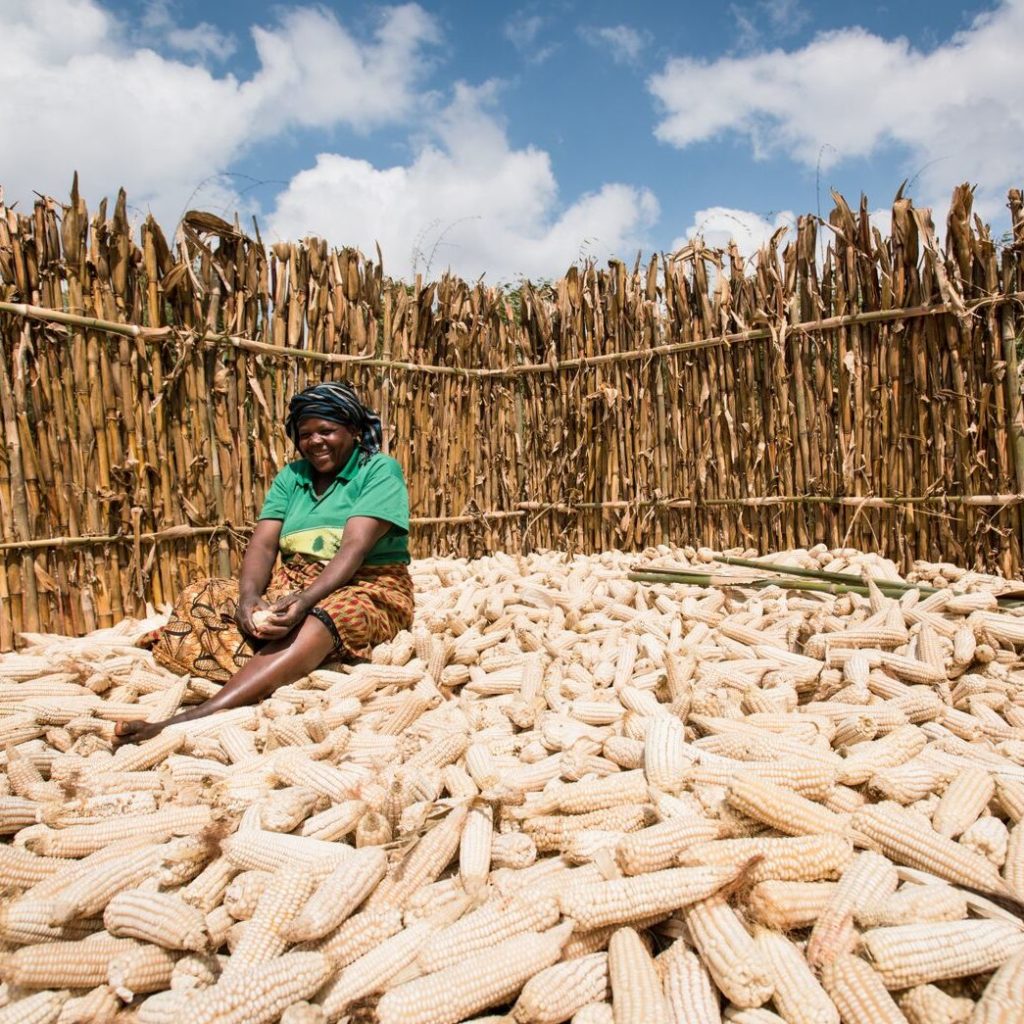One Acre Fund‹ Back to Lessons Learned
'Big bet' philanthropy is smart bet philanthropy

Andrew Youn
Executive Director and Co-Founder
Africa - Burundi, Kenya, Malawi, Rwanda, Tanzania, Uganda
Mission
When farmers prosper, their communities prosper too. Children who have enough food to eat attend school more often and have better performance. They’re also healthier and are less likely to suffer from stunting and other developmental delays. When farmers have extra income, they invest it in education, they build businesses in their communities, and they help neighbors in need. And when they practice sustainable farming techniques, the environment around them benefits as well, so that future generations can continue to grow nutritious food from the land.
Hunger and poverty are solvable problems. We can eradicate both within our lifetimes. We’ve already invented effective solutions—now is the time to focus on delivering them to everyone. We serve smallholder farmers. In everything we do, we place Farmers First.
One Acre Fund has helped to revolutionize farming in East Africa by creating and scaling a model for hungry families to improve their harvests and pull themselves out of poverty. In 2008, PSF made a $500,000 investment in One Acre Fund (OAF), which was then a $1 million organization. Over the past decade, PSF has supplied $10 million in additional funds to assist One Acre Fund in providing smallholder farmers in East Africa with asset-based financing for farm inputs like seed and fertilizer, agricultural training services, and market facilitation – thereby improving their productivity and increasing their earnings. During this time, One Acre Fund has grown 100 fold, from 4,000 to 400,000 families (and 800,000 families including government partnerships) while halving the philanthropic subsidy required per farmer every four years from $100 to $50 to $25. OAF now accesses numerous sources of public funds, including OPIC debt, which leads to even more leveraged philanthropy. OAF aims to serve 1,000,000 farmers by 2020 and has become the best-in-class model for agricultural development and the voice of poor farmers.